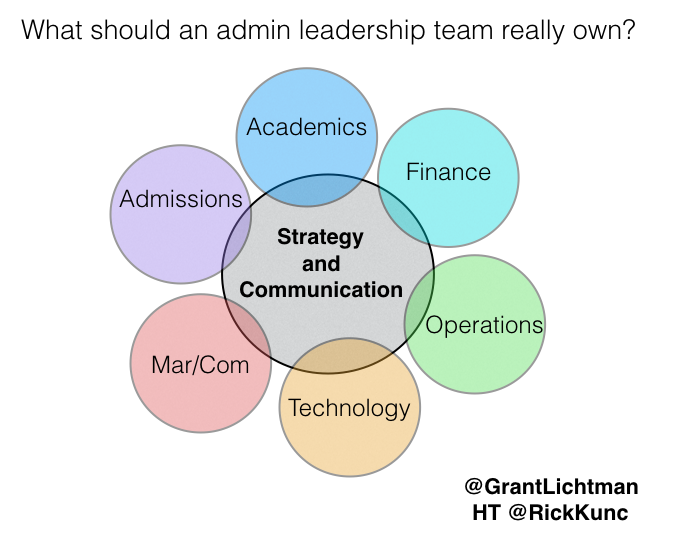For most of us, the downside of not asking the right questions or not organizing information in the right way is that we do poorly on a test, lose money in a business deal, have to re-work a design drawing, or take another shot at drafting that proposal.
For young men and women in uniform stepping off a chopper for the first time in Helmand Province or South Yemen or Somalia or Lord knows where else, the downside is someone dies.
For the last two summers I was honored and proud to teach a version of my Falconer seminar to cadets from West Point out here in San Diego. I don’t get them this year (the Army is downsizing so budget cuts hit West Point, too) and I will miss them. You could not ask to spend time with a better bunch of young people, and also provide some tools that just might help save lives some day. Here are a couple of their quotes after taking the class:
“The concepts of questioning and system understanding/problem solving are tasks that we will face as Lieutenants in the current conflict climate. After going through this, real world problems no longer seem as daunting as they once used to be.”
“I can honestly say this class has changed my life and altered my worldview in a positive way. I now look at complex systems from a new angle and can begin to start thinking of alternate solutions to difficult problems.”
I was reminded of my time with the cadets by two posts this week. One was from Jim Foley of the Center for Leadership at St. Luke’s in New York. Jim talks about the importance of taking the time to reflect after their first year of operation and mentions the Army’s habit of after action assessment. It reminded me of “my cadets”; they learn from those who have gone before them. They know that NOT taking advantage of such knowledge, NOT asking the critical question, NOT understanding the fine points of where they are and what they need to do can get someone killed. And the amazing thing: not one of them worries about getting killed themselves. They all worry about losing someone else in their platoon for whom they are responsible.
The other set of posts came from the Right Question Institute. 30 years ago when I started wondering why we did not teach students to ask questions rather than just requiring them to find answers, I was given a cold shoulder by the dean of a college Ed school. Now we have a whole RQI dedicated to teaching and researching questioning!
I will miss the cadets this summer, and hope that others task them to ask lots of questions in all the right ways. More so, I hope whereever they go when they do deploy into danger, they come back safely.




Leave A Comment